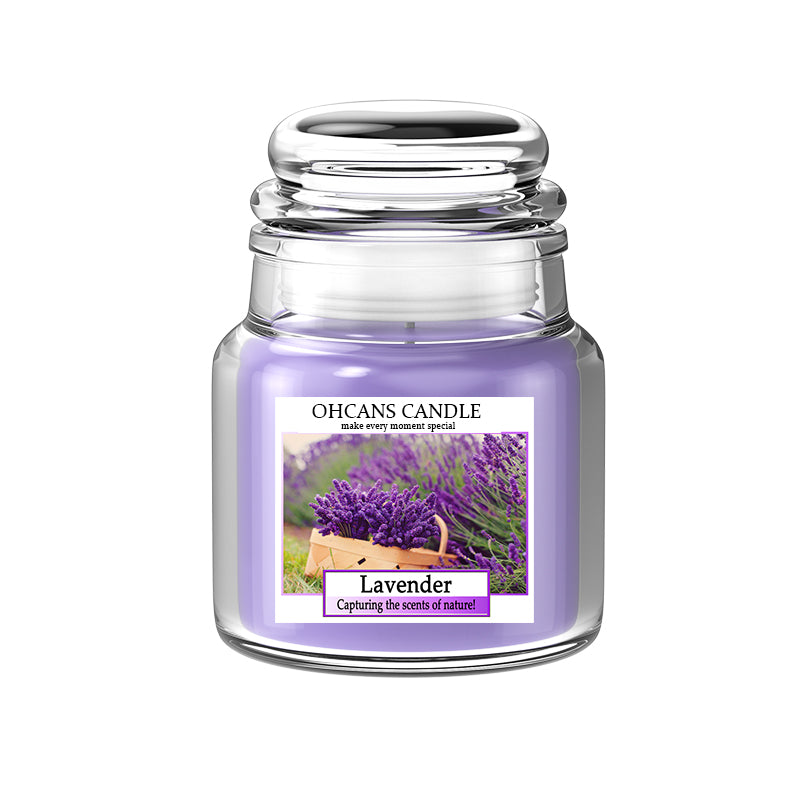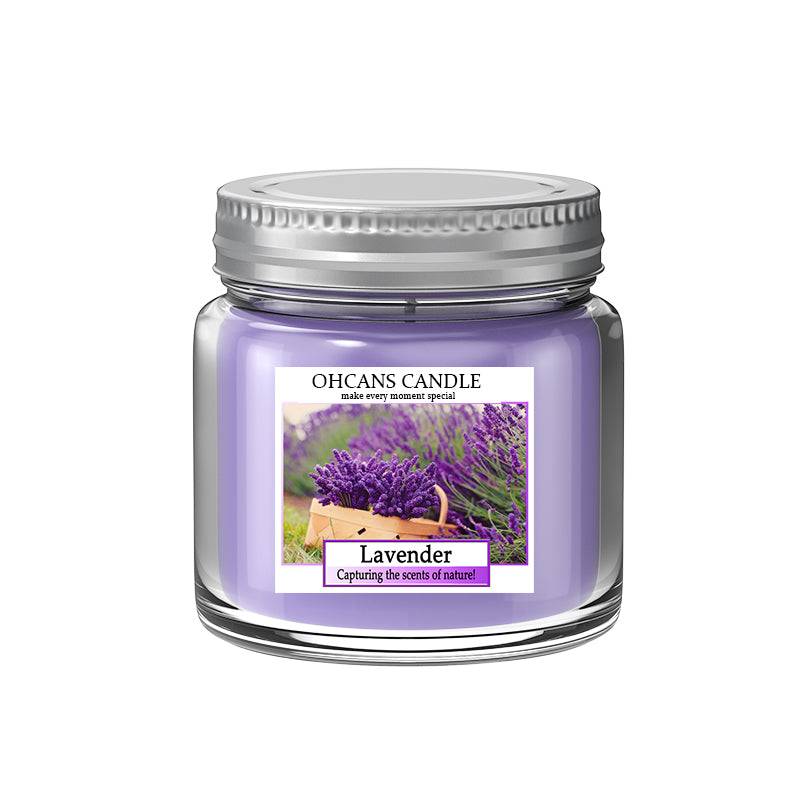Create Your Own Coconut Candle: DIY Recipe
Unveiling the World of Coconuts
Coconuts are not just delicious tropical fruits; they also offer a multitude of uses and benefits beyond their culinary appeal. In this section, we will explore the fascinating world of coconuts and uncover their hidden secrets. From creating your own coconut candle to understanding the nutritional properties and botanical classification of coconuts, there is much to discover.
Coconut candles have gained popularity for their delightful fragrance and soothing ambiance. By following a simple DIY recipe, you can make your own homemade coconut candle using coconut wax or other natural ingredients. We will guide you through the process step by step, ensuring that you create a fragrant candle that fills your space with the aroma of coconut.
Beyond candle-making, coconuts have numerous other applications. They are classified as drupes, specifically known as "fibrous one-seeded drupes." This botanical classification distinguishes them from other fruits and highlights their unique structure. Additionally, coconuts offer a range of nutritional properties that contribute to overall well-being.
Harnessing the Power of Coconut Oil
Coconut oil is not only a versatile ingredient in the kitchen but also a powerful addition to your skincare and haircare routines. In this section, we will delve into the benefits of coconut oil and explore its various uses.
Understanding the Benefits of Coconut Oil
Coconut oil is renowned for its moisturizing and nourishing properties. It contains medium-chain fatty acids that help lock in moisture, making it an excellent natural moisturizer for both the skin and hair. The oil's antimicrobial properties can also aid in preventing infections and soothing skin irritations.
When it comes to skincare, coconut oil can be used as a gentle makeup remover, effectively dissolving even waterproof products. It can also be applied as a lip balm to keep your lips soft and hydrated. Additionally, coconut oil can be used as a natural hair conditioner, promoting shine and reducing frizz.
Exploring the Culinary Uses of Coconut Oil
In addition to its beauty benefits, coconut oil has gained popularity as a healthier alternative in cooking and baking. Unlike other oils, such as vegetable or canola oil, coconut oil is rich in healthy saturated fats that are easily metabolized by the body. These fats provide a quick source of energy without raising cholesterol levels.
Coconut oil adds a unique flavor and aroma to dishes, enhancing both sweet and savory recipes. Its subtle tropical notes complement everything from curries to smoothies, cookies to stir-fries. Whether you're sautéing vegetables or making homemade granola bars, incorporating coconut oil into your culinary creations can elevate their taste profile.
Crafting Your Fragrant Coconut Candle
Creating your own coconut candle is a rewarding and enjoyable DIY project. In this section, we will guide you through the process of making a coconut candle from start to finish, ensuring that you create a beautiful and fragrant addition to your home decor.
Gathering the Ingredients and Supplies
Before you begin, it's important to gather all the essential ingredients and supplies for your coconut candle. You will need coconut wax or another type of candle wax, a wick, a container or mold for your candle, fragrance oils or essential oils for scenting, and any desired decorations such as dried flowers or herbs. Exploring different types of waxes and fragrances allows you to customize your candle according to your preferences.
Step-by-Step Guide to Making a Coconut Candle
Follow these detailed instructions to create your own coconut candle at home:
Prepare your container or mold by cleaning it thoroughly and ensuring it is dry.
Measure the amount of wax needed based on the size of your container.
Melt the wax using a double boiler method or a microwave-safe container.
Once melted, add your chosen fragrance oil or essential oil to the wax and stir gently.
Place the wick in the center of your container and secure it in place using adhesive or by tying it around a pencil placed across the top.
Slowly pour the melted wax into the container, being careful not to disturb the wick.
Allow the candle to cool and set completely before trimming the wick to about ¼ inch.
By following these steps and mastering proper techniques for melting, pouring, and setting candles, you can create beautifully scented coconut candles that bring warmth and ambiance to any space.
Exploring the Multifaceted Coconut Fruit
Coconuts are not just a tropical fruit; they are a true marvel of nature with a multitude of uses and benefits. In this section, we will delve into the nutritional properties of coconuts and explore their various applications in different industries.
Nutritional Properties of Coconuts
Coconuts are packed with essential vitamins, minerals, and healthy fats that contribute to overall well-being. They are a rich source of nutrients such as potassium, manganese, copper, and iron. Additionally, coconuts contain medium-chain triglycerides (MCTs), which are easily metabolized by the body and provide a quick source of energy.
Consuming coconuts has been associated with numerous health benefits. The MCTs found in coconuts have been shown to support weight management by increasing feelings of fullness and boosting metabolism. Coconuts also contain antioxidants that help protect cells from damage caused by free radicals.
Other Uses of Coconuts
Beyond their nutritional value, coconuts have found their way into various industries due to their versatile nature. In cosmetics, coconut oil is widely used for its moisturizing properties and is often found in skincare products such as lotions, creams, and lip balms. It can help nourish the skin, leaving it soft and supple.
Coconut shells can be transformed into activated charcoal, which is used in water filters to remove impurities. The husk fibers can be woven into ropes or mats, while the leaves can be used for thatching roofs or making baskets. These sustainable aspects of coconut production make it an environmentally friendly resource.
Exploring the multifaceted nature of coconuts reveals their incredible potential beyond being just a delicious tropical fruit. From their nutritional properties to their diverse applications in different industries, coconuts continue to captivate us with their versatility.
Embrace the Aroma of Coconut Candles
Creating your own coconut candle is not just a craft; it's an opportunity to infuse your home with the soothing and delightful aroma of coconut. The gentle flickering flame and fragrant scent create a warm and inviting atmosphere that can help you relax and unwind.
Coconut candles also make for unique and thoughtful gifts for your loved ones. Handmade with care, they carry a personal touch that shows you've put thought into creating something special. Whether it's for a birthday, holiday, or simply to brighten someone's day, a homemade coconut candle is sure to bring joy.
Through the art of candle-making, you can experience the benefits of coconut oil and explore the versatility of the coconut fruit. From its moisturizing properties to its nourishing effects on the skin and hair, coconut oil offers numerous advantages beyond its use in candles. By incorporating this natural ingredient into your DIY projects, you can embrace its many benefits while enjoying the captivating aroma of coconut.
So why not embark on a fragrant journey by creating your own coconut candle? With simple ingredients, easy-to-follow instructions, and endless customization options, you can immerse yourself in the world of candle-making while indulging in the tropical allure of coconuts.



